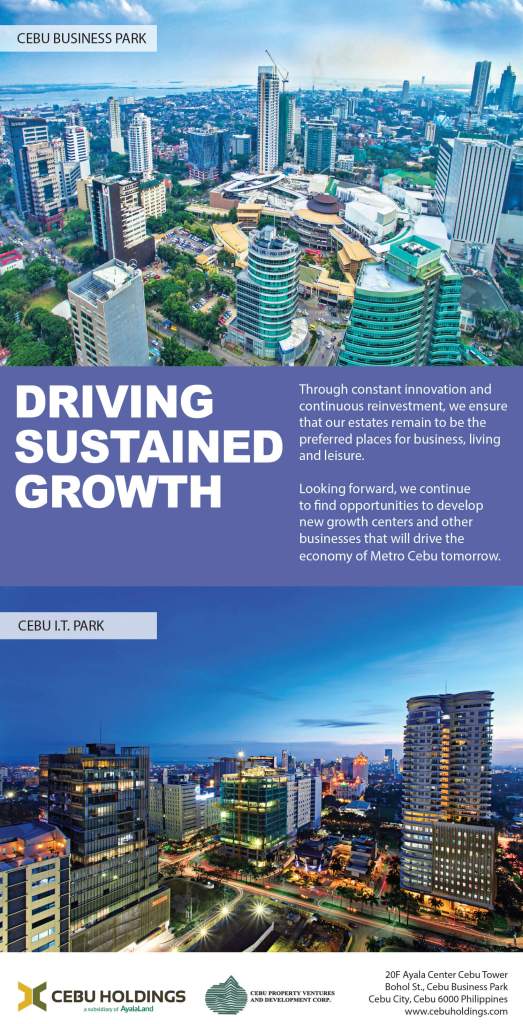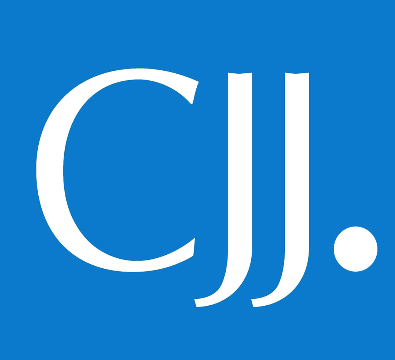Why CCPC has defined fake news
Fake news and disinformation
Why CCPC has defined fake news
BY PACHICO A. SEARES
June 26,2018
Legislators need to know that the phrase is also used by some people to refer to errors in editing and reporting and the proposed law might make such errors punishable as a crime. As in libel, where presence of malice is required, errors committed mostly in the rush of deadline cannot be criminal unless made knowingly or maliciously. Otherwise, it would impair the right to free speech and free press.
A University of Cebu senior law student, Wayne Justine Agramon, working on his thesis on fake news, wanted to know if fake news is unprotected speech.
It is not what the Cebu Citizens-Press Council (CCPC) or any other entity except Congress says or does that will make a form of speech protected or unprotected. It is state prohibition or regulation that makes it unprotected speech.
And fake news is regulated although to a limited extent. Art. 154 of the Revised Penal Code makes “false news” criminal but only if it “may endanger the public order or may cause damage or credit of the state.”
“False news” is also “fake news” and the penal provision is there.
Pending bills
How about the two bills pending in Congress that involve fake news? Legislators want to make the crime more specific in application and expanded in scope.
But Sen. Joel Villanueva’s SB 1492 does not define fake news and Camarines Sur Rep. Luis Raymond Villafuerte’s HB 6622 considers as fake news the errors in reporting and editing, even if done with no malice or without knowing they are false.
The legal definition, which Congress may eventually adopt, is crucial. Most journalists advocate freedom of the press but also embrace accountability. They accept laws on libel, contempt and inciting to sedition, which are unprotected speech. But they also resist state intrusion that frustrates their work as journalists.
CCPC definition
The CCPC definition in sum tells legislators and the public
(a) what fake news is and
(b) when it violates journalistic norms.
CCPC’s work on defining fake news is no idle academic exercise. It hopes to give this insight to Congress: Lawmakers may rearrange the lines of “non-protection” on fake news, but they shouldn’t make them more draconian than libel law and other existing laws regulating media.
The CCPC definition does not condone mistakes committed in heat of deadline. It considers those errors as violations of journalism standards, which journalists must avoid as diligently as possible and must correct when they occur. But the CCPC definition disagrees that those violations, unless committed with ill-will, are lumped under “fake news” and made criminal.
Unprotected speech
In the case of Francisco Chavez vs. Secretary Raul Gonzales and National Telecommunication Commission (GR 168338, Feb. 15, 2008), the Supreme Court lists four kinds of unprotected speech, which are exceptions to the general rule of unabridged freedom of expression:
[1] pornography;
[2] false or misleading advertisement;
[3] advocacy of imminent lawless violence;
[4] danger to national security.
Fake or false news, under the existing law (Art. 154, RPC), may fall under #4 in the above SC list, if Congress or the SC considers “public order” as part of “national security.” Still, fake news is already regulated by law, thus taking it out of protection.

Confusing prior restraint
It doesn’t mean though that the doctrine of prior restraint does not apply to news on mere claim that it is fake or false. Courts cannot stop publication on mere allegation that it is fiction and not based on facts. Just as they cannot ban a news story because it is claimed to be defamatory. But once the story is published, journalist and media outlet will answer to any complaint or lawsuit over the said story.
That’s what Duterte’s spokesman Harry Roque has apparently confused: exemption from prior restraint with exemption from punishment. He attacked Senator Poe’s proposal to amend Code of Conduct for Government Officials & Employees (R.A. 6713) and punish a government worker who publicizes fake news. He argued that since fake news cannot be subject to prior restraint, the Poe bill violates the Constitution.
Prior restraint, Poe bill
But Poe’s SB 1680 imposes no prior restraint. It does not say the likes of Mocha Uson cannot write their blog while in the payroll of PCOO, the government communications office. The proposed law only says that if she publishes false news, as a state employee she violates the Code of Conduct.
Senator Poe apparently wants government workers not to use falsehood in administration propaganda. She knows that lies hamper good governance; government decisions cannot be made on unverifiable fact or outright lie; and corruption and abuse of public officials can be covered up by “it’s-fake-news” blanket denials. Bad enough if private individuals peddle fake news; abominable if government workers do it.
Media, legislation
Should media not oppose regulation of fake news? The press cannot profess to stand for truth and condemn “alternative facts” and “post-truth” claims and yet resist legislation that seeks to punish fabrication of information and manufacture of falsehoods.
But, and it’s a big “but,” regulating media must not amount to fettering its work. Defining fake news as a crime is crucial to any such law that Congress will enact. Some journalists, fearing that lawmakers might botch the job, would rather have fake news left alone by state regulators.
Device to deceive
Criminalizing fake news may deter fabrication of news aimed to disinform, smear reputation or spread hate for personal or ideological gain. Any fake news law though must not criminalize innocent mistakes in news gathering, editing or publishing. Errors are inevitable in journalism but with zeal and good purpose, they may be reduced and corrected promptly and the culprits sanctioned by their news organizations. “Fake news,” sadly, is being used by a number of people, mostly holding public office, to dismiss adverse fact-based news and refuse liability for the lies they publicly make. Worse, lies are repeated, using the “fake news” claim as blanket denial and ready-made device to distort, confuse, and deceive. Thus making informed and fact-based decisions difficult if not impossible. 
